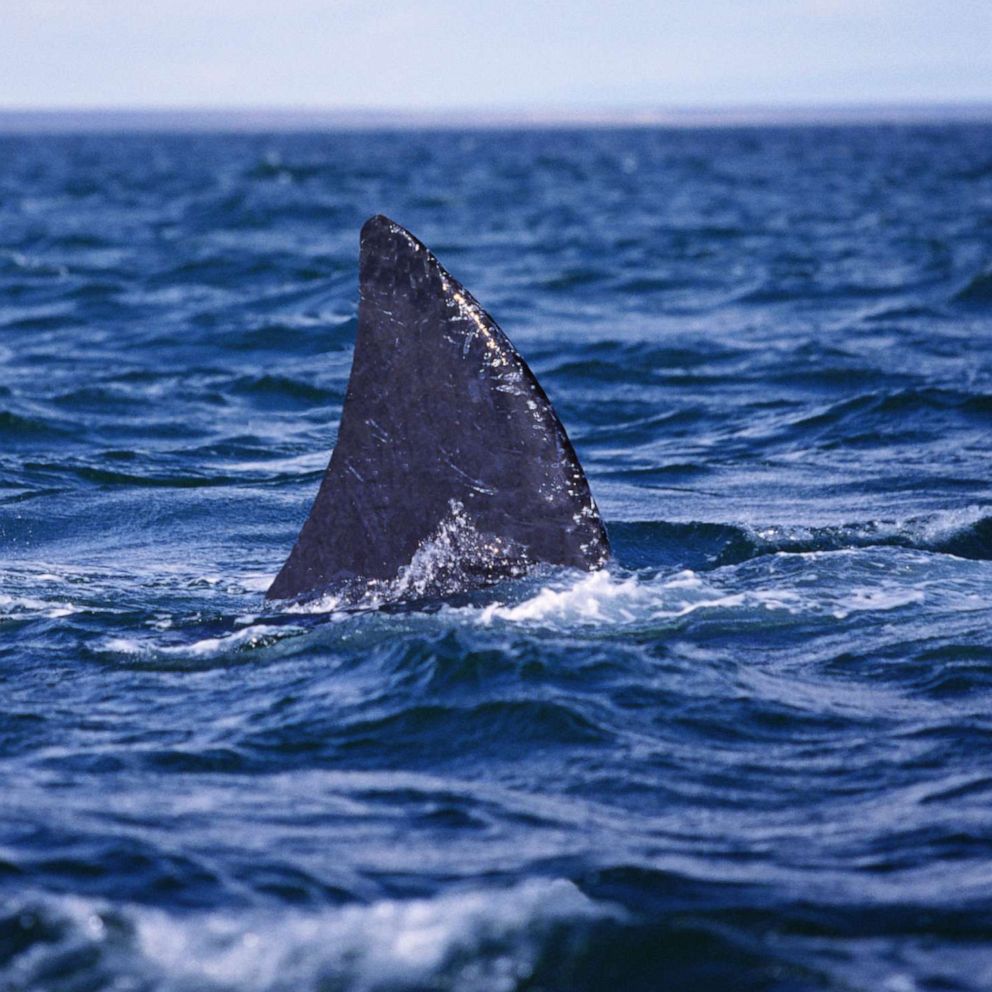Algeria sees bright future for solar energy exports
ALGIERS, Algeria -- It's a vision that has long enticed energy planners: solar panels stretching out over vast swaths of the Sahara desert, soaking up sun to generate clean, green power.
Now Algeria, aware that its oil and gas riches will one day run dry, is gearing up to tap its sunshine on an industrial scale for itself and even Europe.
Work on its first plant began late last month at Hassi R'mel, 260 miles south of Algiers, the capital. The plant will be a hybrid, using both sun and natural gas to generate 150 megawatts. Of that, 25 megawatts will come from giant parabolic mirrors stretching over nearly 2 million square feet — roughly 45 football fields.
Experts say it's the first project of its kind to combine gas and steam turbines with solar thermal input in a hybrid plant.
The plant should be ready in 2010, and the longer-term goal is to export 6,000 megawatts of solar-generated power to Europe by 2020, about a tenth of current electricity consumption in Germany.
"Our potential in thermal solar power is four times the world's energy consumption so you can have all the ambitions you want with that," said Tewfik Hasni, managing director of New Energy Algeria, or NEAL, a company created by the Algerian government in 2002 to develop renewable energy.
The project is still at an early stage and faces daunting financial and technological obstacles. Solar power's supporters say it will take 10 years for it to become economically competitive, and while undersea cables to Sicily and Spain are planned for construction in 2010-2012, it isn't known who will finance them.
But as the world grows increasingly anxious about climate change and dwindling fossil fuels, ideas that once sounded like science fiction are becoming ever more plausible.
The European Union this year set a mandatory target of producing 20% of its energy consumption from renewable sources by 2020, and there are also big political imperatives in play.
In Algeria's case, exporting solar power through undersea cables would add flesh and bone to the idea floated by Nicolas Sarkozy, France's new president, of a "Mediterranean Union" that would bind Europe and North Africa closer together.




